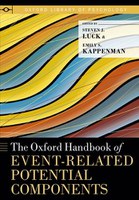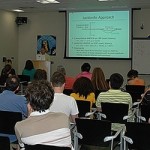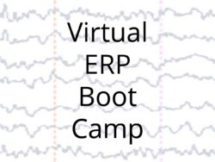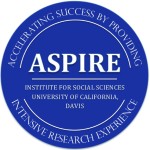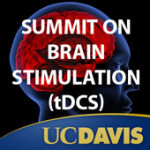The Oxford Handbook of Event-Related Potential Components
The Oxford Handbook of Event-Related Potential Components is a comprehensive volume on ERPs edited by Emily Kappenman and Steve Luck. It includes chapters on the nature of ERP components, comprehensive review chapters on individual components, the use of ERPs in domains (including language, emotion, and memory), and ERPs in special populations (including schizophrenia, depression, and aging, among others).
ERPinfo.org is a non-profit website that provides information about the event-related potential (ERP) technique. It is intended to allow ERP researchers to exchange information about techniques, findings, products, etc. The site is supervised by Emily Kappenman and Steve Luck at the Center for Mind & Brain at UC Davis.
The ERP Boot Camp is a workshop on ERP methods that is organized and led by Steve Luck and Emily Kappenman. It is designed for beginning and intermediate ERP researchers at any career stage who would like to obtain a firm grasp of the fundamentals of ERP research.
The Virtual ERP Boot Camp is a blog on EEG and ERP methods by Steve Luck and Emily Kappenman. We post tips, answers to questions, new research, workshop announcements, etc. You can also follow us on twitter: @erpbootcamp
The ISS ASPIRE program offers a select group of UC Davis undergraduate students a unique opportunity to gain hands-on experience conducting research under the mentorship of world-renowned UC Davis faculty. The program is directed by Emily Kappenman and Steve Luck, who founded the program in 2014.
The Center for Mind & Brain hosted a Summit on Transcranial Direct Current Stimulation (tDCS) on September 5, 2013, organized by Emily Kappenman. It featured the world’s leading tDCS researchers talking about state-of-the-art brain stimulation techniques. Videos of the lectures are available on iTunesU and YouTube.
